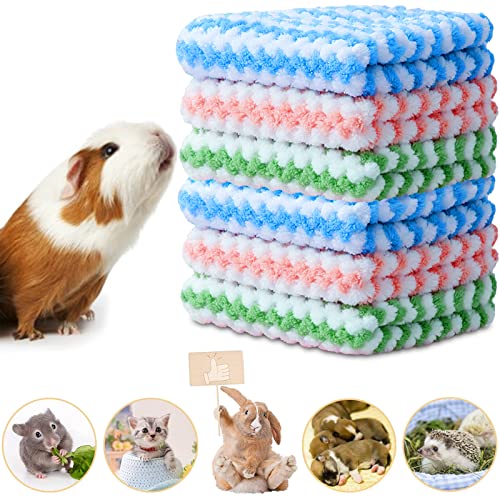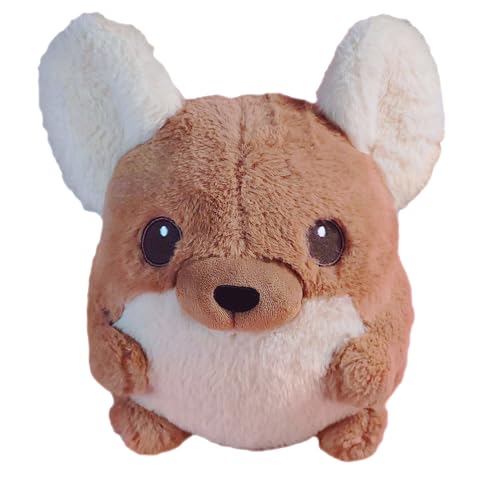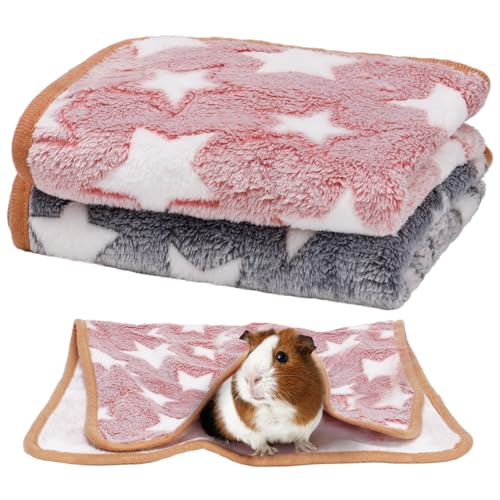GarnetKrow
Active member
- Joined
- Nov 11, 2018
- Messages
- 25
Hi all, my chinchilla Mimi is having problems with excessive drooling. She gets the entire front chest area wet, but I feel that it is worse on the left side. This behavior started around 3 months ago. It used to just be on/off, but for the last 2 weeks she has been very wet.
I've been taking her to two separate vets, both of whom has treated her previously for other minor health problems (arthritis, eye discharge, etc). They were both able to take a look inside her mouth. The following are what my vets said:
Vet 1: Cannot find anything wrong with her teeth. Tongue has regular movement. Maybe small scratch under her tongue (maybe from being poked with hay?), but it is already healing. Everything else about her is healthy. Doesn't think it's worth it to put her under anesthesia to get teeth checked.
Vet 2: No problem with tongue movement, teeth look fine. Swabbed cheeks for blood, found none. May have very small tooth spur in back of mouth, but is not major enough to recommend putting her under anesthesia for. Teeth maybe a little on the lighter side color-wise. Everything else looks fine.
Both vets (especially vet 2) told me that it's not worth the risk to get x-rays of her teeth, and that she is healthy otherwise.
I also want to mention that she's always had GI tract problems, mostly constipation/sticky (membrane-covered) poop. I feed her critical care (which she loves) twice a day to help her gut. Her poop is a little small and sticky right now, but she is going regularly.
I am planning to take her in again to get checked, but have no idea what to do. I think it's her teeth because she's been making chewing motions even when not eating, but both vets tell me otherwise, or that it's not worth putting her under to check. She is eating pellets/nuts without problems.
I hate how ratty she looks/probably feels, and I know she hates me combing out her fur and taking 20 min a day drying it. She is also getting her cagemate a little wet because Mimi leans on top of her.
Any other theories as to why this is happening, and what I can do? Vet 1 told me to look into getting corn flour to help with the drying process. Is the next step to try pain medication?
Thank you for reading such a long post. I've posted a picture of what Mimi's chest looks like. I am mostly worried about her getting a fungal infection in the short term. Her fur sticks together, so it makes a bald spot. She also smells like a wet dog.
I've been taking her to two separate vets, both of whom has treated her previously for other minor health problems (arthritis, eye discharge, etc). They were both able to take a look inside her mouth. The following are what my vets said:
Vet 1: Cannot find anything wrong with her teeth. Tongue has regular movement. Maybe small scratch under her tongue (maybe from being poked with hay?), but it is already healing. Everything else about her is healthy. Doesn't think it's worth it to put her under anesthesia to get teeth checked.
Vet 2: No problem with tongue movement, teeth look fine. Swabbed cheeks for blood, found none. May have very small tooth spur in back of mouth, but is not major enough to recommend putting her under anesthesia for. Teeth maybe a little on the lighter side color-wise. Everything else looks fine.
Both vets (especially vet 2) told me that it's not worth the risk to get x-rays of her teeth, and that she is healthy otherwise.
I also want to mention that she's always had GI tract problems, mostly constipation/sticky (membrane-covered) poop. I feed her critical care (which she loves) twice a day to help her gut. Her poop is a little small and sticky right now, but she is going regularly.
I am planning to take her in again to get checked, but have no idea what to do. I think it's her teeth because she's been making chewing motions even when not eating, but both vets tell me otherwise, or that it's not worth putting her under to check. She is eating pellets/nuts without problems.
I hate how ratty she looks/probably feels, and I know she hates me combing out her fur and taking 20 min a day drying it. She is also getting her cagemate a little wet because Mimi leans on top of her.
Any other theories as to why this is happening, and what I can do? Vet 1 told me to look into getting corn flour to help with the drying process. Is the next step to try pain medication?
Thank you for reading such a long post. I've posted a picture of what Mimi's chest looks like. I am mostly worried about her getting a fungal infection in the short term. Her fur sticks together, so it makes a bald spot. She also smells like a wet dog.
















































